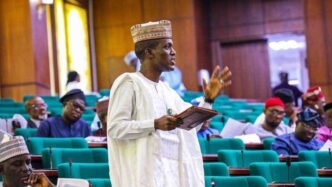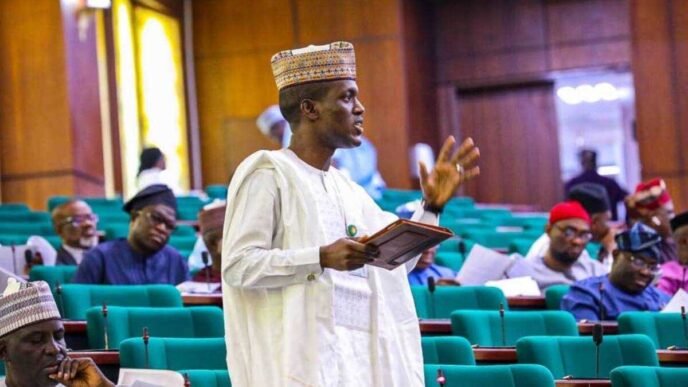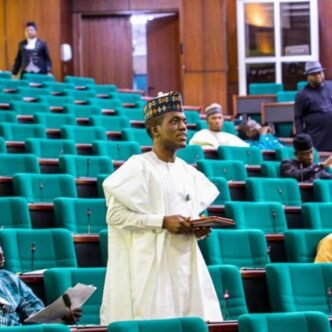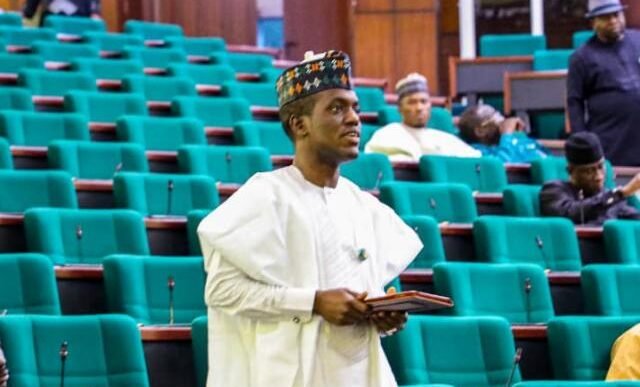HB. 1588- A BILL FOR AN ACT TO ALTER THE CONSTITUTION OF THE FEDERAL REPUBLIC OF NIGERIA, 1999 TO PROMOTE INCLUSION AND PARTICIPATION OF WOMEN IN GOVERNANCE FOR DIVERSITY AND GOOD GOVERNANCE; AND FOR RELATED MATTERS. Bill Progress: Committee Stage.
This Bill seeks to alter the provisions of Section 147 of the Constitution, to promote inclusion and participation of women in governance by mandating the President to appoint one Minister from each State, who shall be an indigene of such State; and 21% of ministers must be women.
Key Provisions of the Bill:
The bill proposes two significant changes to ministerial appointments:
Mandatory Appointment from Each State: It mandates the President to appoint one Minister from each state, with the stipulation that the appointee must be an indigene of that state. This provision aims to ensure broader representation across all states.
21% Quota for Women Ministers: Crucially, the bill introduces a 21% quota for women in ministerial appointments. This means that at least 21% of all ministers appointed by the President must be women. This is a direct measure to address the current underrepresentation of women in executive positions.
Purpose and Potential Impact:
The stated purpose of HB. 1588 is to promote inclusion and participation of women in governance for diversity and good governance. If passed, this bill could have several significant impacts:
Increased Female Representation: The most direct impact would be a guaranteed increase in the number of women holding ministerial positions, moving towards greater gender balance in the executive arm of government.
Enhanced Diversity in Decision-Making: Greater female representation could bring diverse perspectives and experiences to policy-making, potentially leading to more inclusive and effective governance outcomes.
Strengthening Democratic Principles: By promoting inclusivity, the bill aligns with democratic principles of equal opportunity and representation for all citizens.
Addressing Gender Inequality: This bill is a step towards addressing long-standing gender inequality in Nigerian politics and public life.
This bill represents a significant effort to institutionalize gender-sensitive appointments within the Nigerian government.












